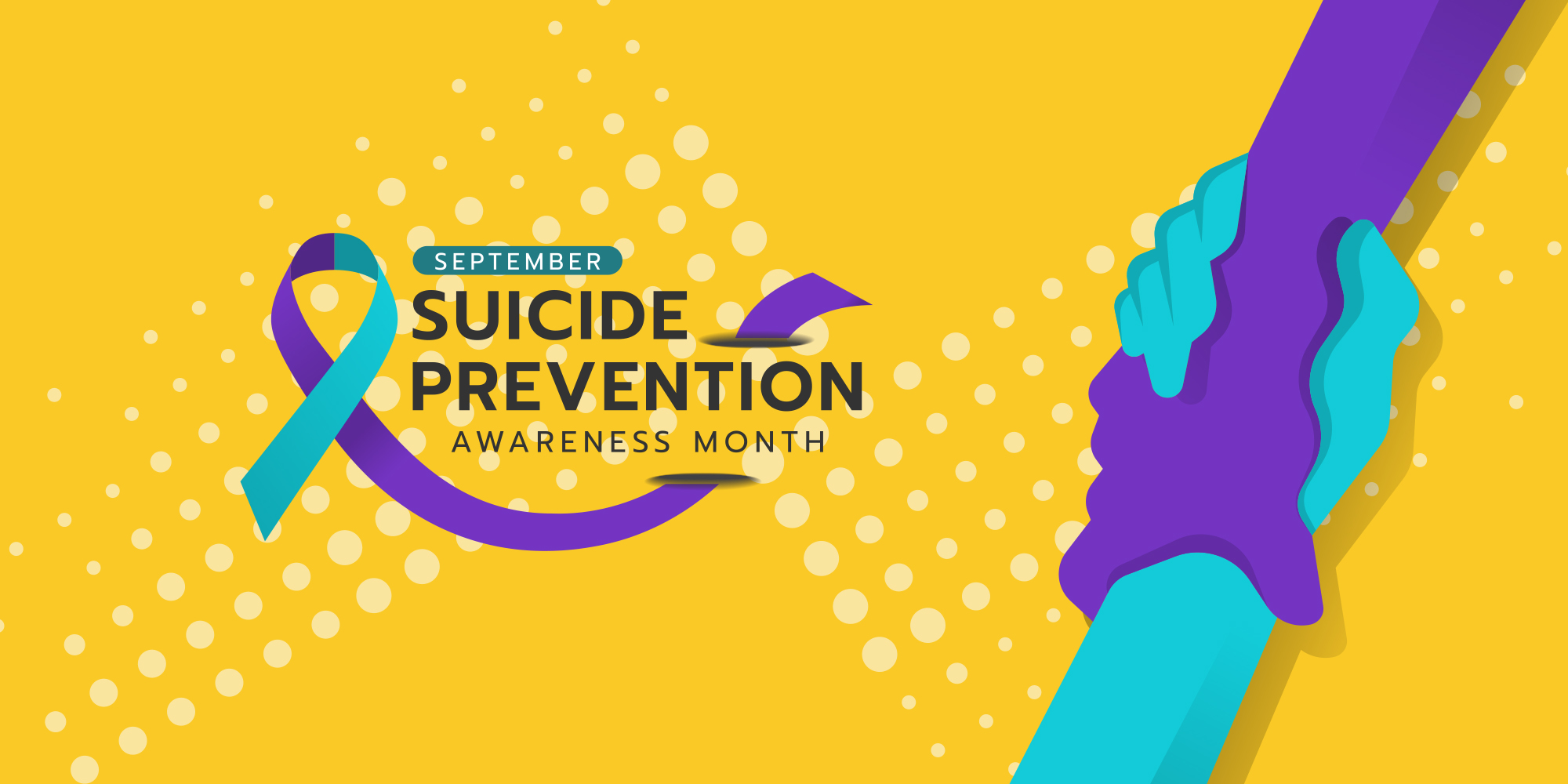The Newest Resource to Help Prevent Suicide: The 988 Lifeline
September 18, 2023
Categories: Behavioral Health, Community
Tags: mental health
By Andrei Pankov, MD, Psychiatry – Behavioral Health
September is Suicide Prevention Awareness Month – a time to spread hope and vital information to anyone affected by suicide.
During Suicide Prevention Awareness Month, we're highlighting a resource that is available to ensure that individuals, friends and families have access to seeking help – the 988 Suicide & Crisis Lifeline.
The 988 Suicide & Crisis Lifeline for those calling in Illinois was launched on July 16, 2022 by the Illinois Department of Human Services/Division of Mental Health.
What is the 988 Lifeline?
The 988 Suicide & Crisis Lifeline provides 24/7, free and confidential support to anyone in suicidal crisis or emotional distress.
When people text or call 988, they will be connected to trained counselors that are part of the Lifeline network. These trained counselors will listen, understand how their problems are affecting them, provide support and connect them to resources.
This shorter phone number will make it easier to call and connect to the existing National Suicide Prevention Lifeline. The previous Lifeline phone number (1-800-273-8255) will always remain available.
Who can call the 988 Lifeline?
The 988 Suicide & Crisis Lifeline is available to anyone. The lifeline is available to someone who is having thoughts of suicide or in suicidal crisis, as well as anyone who is worried about a loved one who may need crisis support.
This service will also be available in Spanish, along with interpretation services in over 150 languages.
What are the warning signs of suicide?
Understanding and paying attention to warning signs can help prevent suicide. According to 988lifeline.org, the following warning signs may help you determine if a loved one is at risk for suicide:
- Talking about wanting to die or kill themselves
- Looking for a way to kill themselves, like searching online or buying a gun
- Talking about feeling hopeless or having no reason to live
- Talking about feeling trapped or in unbearable pain
- Talking about being a burden to others
- Increasing the use of alcohol or drugs
- Acting anxious or agitated; behaving recklessly
- Sleeping too little or too much
- Withdrawing or isolating themselves
- Showing rage or talking about seeking revenge
- Extreme mood swings
Experiencing these symptoms can signal that it's time to seek help.
If you have thoughts of self-harm or suicide, call 911, the 988 Lifeline or your doctor immediately.
If you or someone you know is experiencing suicidal thoughts, you can also visit 988lifeline.org for additional information on how to help yourself or help someone else.
How Loyola Medicine is here for you
Loyola Medicine’s highly skilled behavioral health team provides clinically integrated pediatric and adult psychiatric and psychological care with compassion and understanding. Loyola’s dedicated specialists have experience treating a wide range of behavioral health conditions with outstanding results.
For each and every patient, our specialists apply their considerable experience and collaborative working style to provide comprehensive care and achieve the best possible outcomes.
Andrei Pankov, MD, is a psychiatrist at Loyola Medicine. He is certified by the American Board of Psychiatry and Neurology.
Dr. Pankov earned his medical degree from Wayne State University and completed his residency at the University of Chicago Medical Center.
Source:
